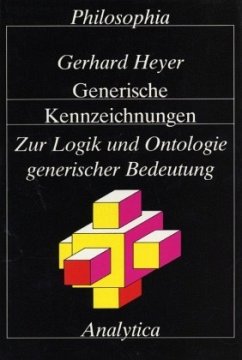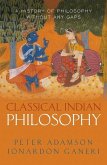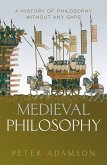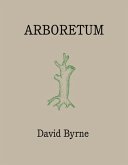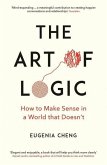The logical analysis of definite generic sentence like "The lion is a beast of prey" and ,The lion is a species", runs into deep-rooted difficulties, the causes and solutions of which are still not agreed upon by logicians a linguists. The notions of genus and species - and with them generic descriptions - have indeed been of little interest to modern logic, though they can look back on an important earlier tradition. For where the logical analysis of so called-definite descriptions has been one of the leading themes of analytic philosophy, the use of the definite article in generic descriptions has been ignored or pushed aside as an unclear use of language.The present study provides, first, a brief historical survey of the logical analysis of generic reference. Second, the problems met by the analysis of definite generics are made more precise. Third, after classifying definite generic and discussing recent contributions to the analysis of generic reference, a proposal for a logical reconstruction of the notion is presented that combines elements of traditional logic with modern formal semantics.Of interest to:Philosophers, logicians, linguist historians of these disciplines

